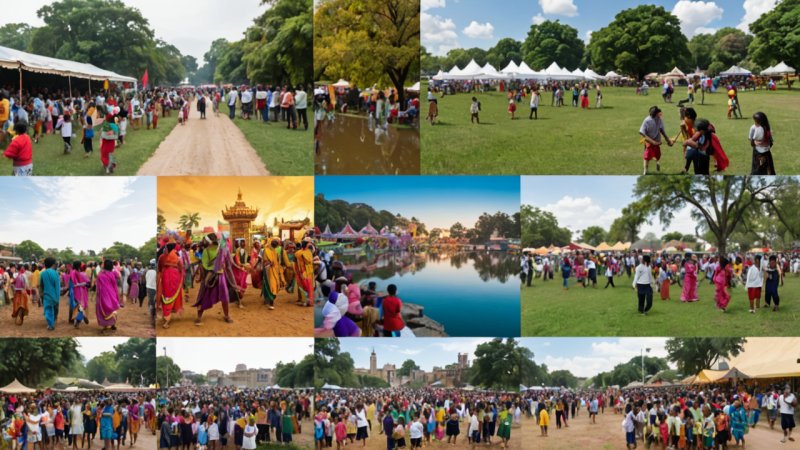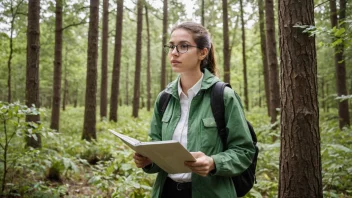Understanding the Role of Place in Culture
Place is a critical element in cultural studies, influencing how communities develop, how identities are formed, and how social interactions occur. In this article, we explore the top five insights into the importance of place in cultural studies, shedding light on how geographical contexts shape cultural expressions and social dynamics.
1. Place Shapes Identity
Identity is often tied to geographical location. The social environment, including urban versus rural settings, affects how individuals and groups view themselves and their communities. For example, a person raised in a bustling city may have a vastly different worldview compared to someone from a small town.
2. Local Culture and Traditions
Every place has its unique cultural practices and traditions. These local customs are often rooted in the history and experiences of the community, creating a rich tapestry of cultural heritage. Understanding these traditions helps to appreciate the diversity of human experience.
3. Place-Based Education
Place-based education emphasizes the importance of local context in learning. This approach encourages students to engage with their surroundings, fostering a deeper understanding of their community and its cultural significance. By connecting education with place, learners can develop a stronger sense of responsibility towards their environment.
4. Globalization and Cultural Exchange
Globalization has led to increased cultural exchange, but it also raises questions about the preservation of local identities. As cultures blend, understanding the role of place becomes essential in maintaining cultural integrity. This dynamic interaction can lead to both enrichment and tension within communities.
5. Environmental Influences on Culture
The physical environment shapes cultural practices and social behaviors. For instance, communities in coastal regions often have different lifestyles and traditions compared to those in mountainous areas. Recognizing these environmental influences allows for a more nuanced understanding of cultural diversity.
Conclusion
In summary, the importance of place in cultural studies cannot be overstated. From shaping identity to influencing education and environmental interactions, place plays a crucial role in how cultures develop and interact. By examining these insights, we gain a deeper appreciation for the intricate relationship between culture and geography.






